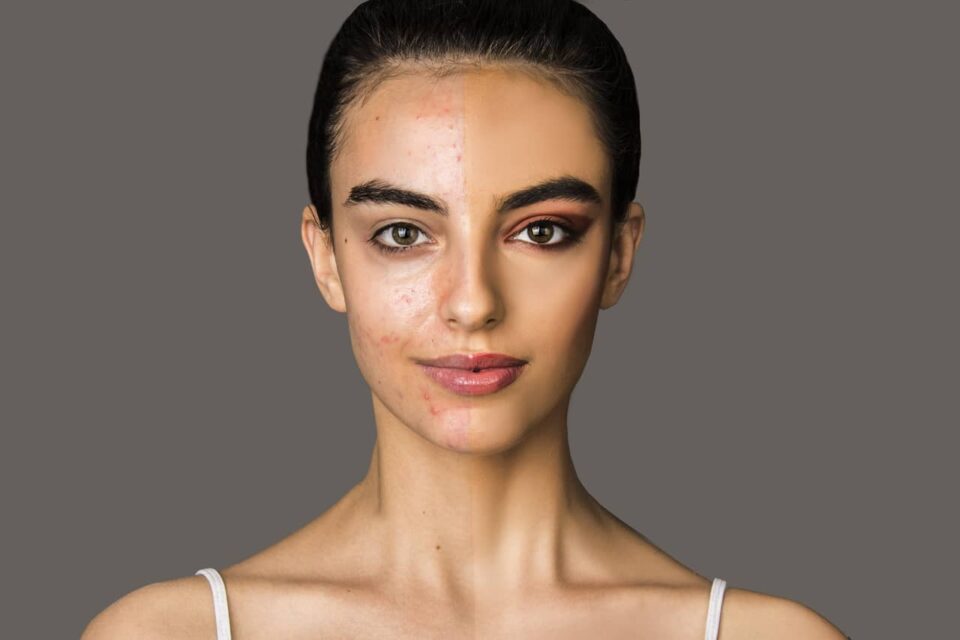In these times of social media, we are served with information and news in a hell-for leather pace.
And it is not solely the knowledge that finds us, rather, rumours and half-truth too dash on our screens that easily assault our gullible population.
And so, emanate the sundry Acne myths which hold us from accepting and knowing the reality.
These fabrications in their claims detain a person from adopting the right approach to counter the condition.
These made-up stories highly influence the way a person view himself/herself and the way they perceive treatment.
They encourage arbitrary suggestions and remedies from random nobodies to treat this dermal issue instead of visiting a dermatologist.
Acne happens to be one of the most common skin conditions handled by the skin doctor.
And thus, it is crucial to dispel these untruths that are going around through our different information sources such as TV, magazines, social media, etc.
And here we debunk the major myths surrounding the problem of acne accompanied with the respective facts. let’s discuss Acne myths vs. facts
Acne is merely a cosmetic issue
Acne is not just a cosmetic condition, as it can be symptomatic of other medical issues, such as polycystic ovarian syndrome. It occurs due to the interplay of factors like genetics, hormones, follicular plugging, bacterial colonization.
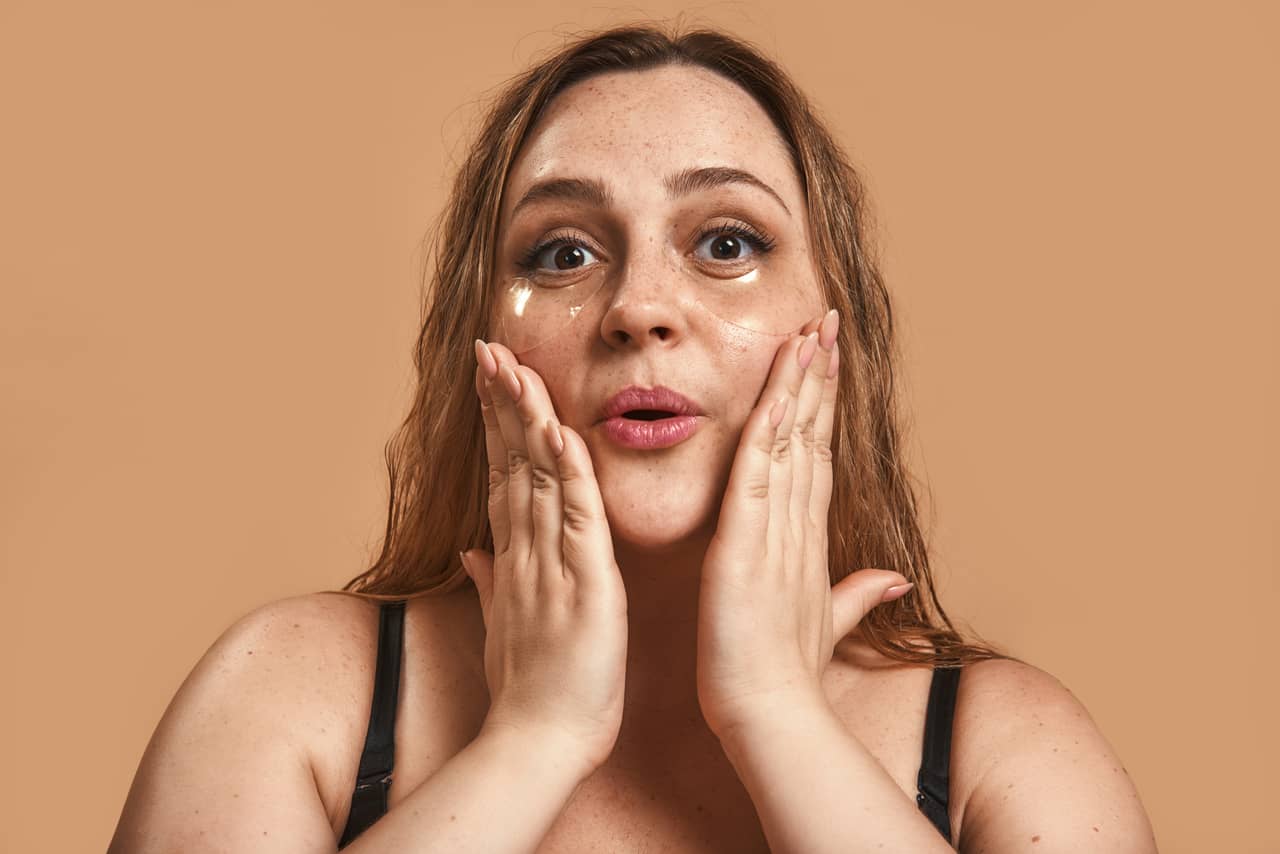
This common condition requires a systematic medical treatment. As if left unattended, it can lead to permanent scarring.
This could seriously impair the person’s self-esteem, self-confidence and may inflict depression, anxiety, and sense of lacking.
Acne is a teenage condition
Although, acne generally occurs during teen years owing to rigorous hormonal fluctuations.
Almost 80-85% of this population gets to suffer from acne, which can be mild or severe.
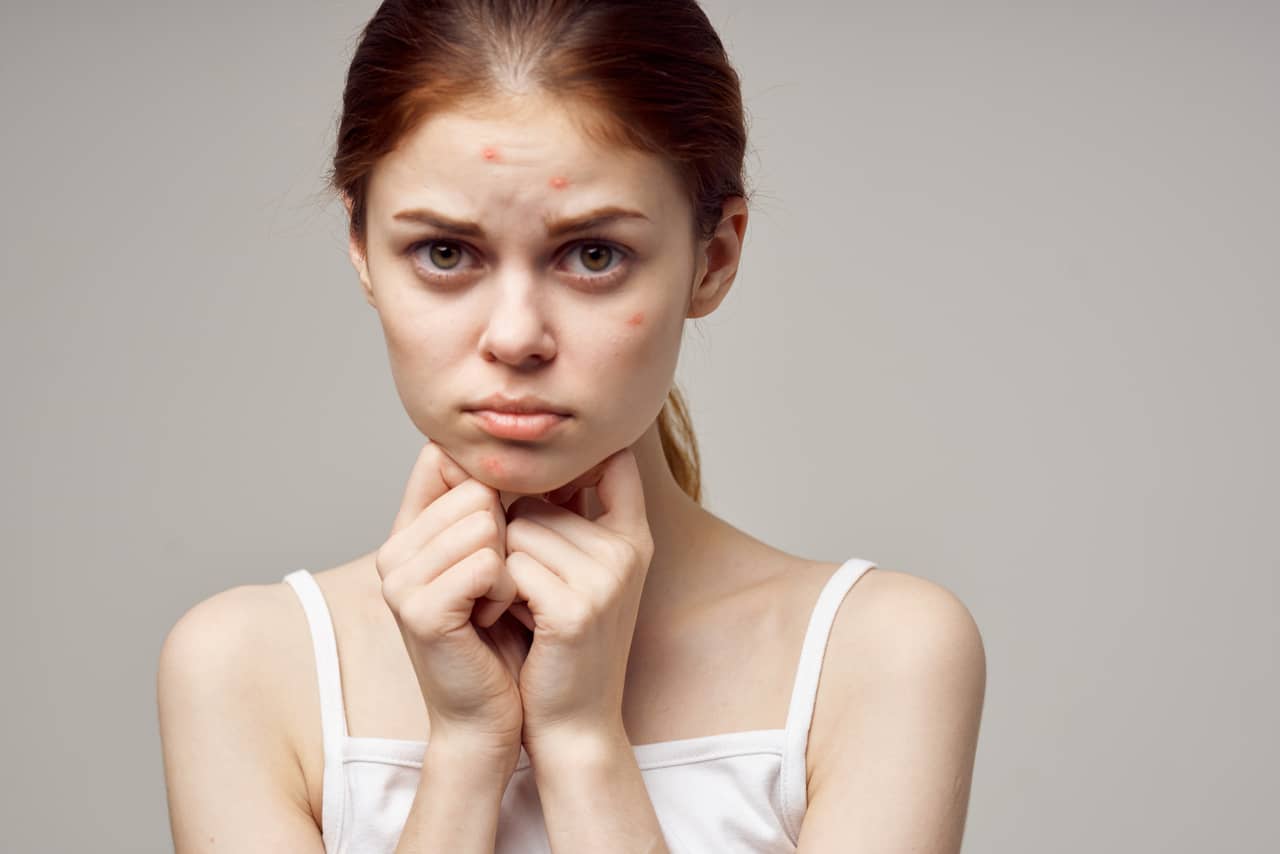
However, it can outgrow teen years and can surprise you even in your adulthood.
Interestingly, researches reveal that 40-45% of adults grapple with this skin condition.
There are instances where a person had no complaints of acne in their teenage phase, but they face it as an adult.
So, acne is just limited to teen years is unreal.
Acne is caused by dirt and debris on the skin
This is a wide misconception regarding acne. It is believed that improper washing off skin can cause acne lesions.
However, peeping into its deeper mechanism exposes that the problem arises due to over-production of oil from sebaceous glands underneath skin.

In hope of cleaning the skin, people usually resort to excessive exfoliation techniques using harsh soaps, cleansers, etc.
This signals our oil producing glands to compensate the dryness with more oil production.
In fact, hygiene rarely has anything to do with acne condition. But this doesn’t at all imply to let the grime and grease rest on your face.
Wearing make-up can cause breakouts/acne
Although there is a type of acne caused by use of certain types of cosmetics called acne cosmetica.
It is primarily due to pore clogging property of certain types of ingredients.
While this issue can be safely addressed by avoiding acne -giving products.
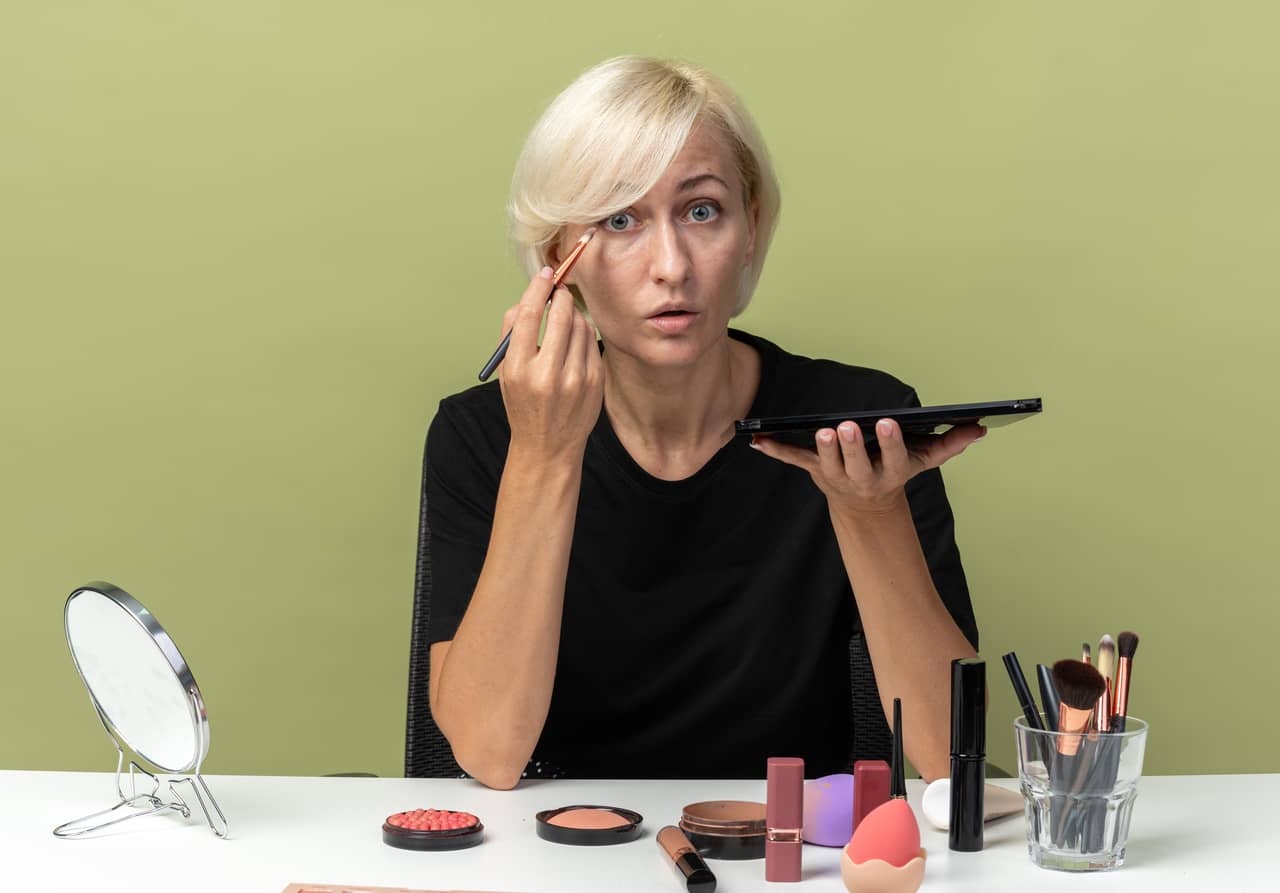
Wearing foundation, concealer, BB creams is alright, however opt for those with anti-clogging features.
To identify such products, examine the label and look for non-comedogenic, non-acnegenic, oil-free, anti-inflammatory and won’t clog the pores.
In fact, there are cosmetics which conceal the redness or hide pores.
They contain benzoyl peroxide, resorcinol, and salicylic acid which might surprisingly even alleviate the acne lesions.
Moisturizers cause acne
This is a controversial point and invariably suffers conflicting views.
However, moisturizers are meant to hydrate the skin and play no role in exacerbating your acne.
In truth, acne prevents desiccation of skin and further over-production of oils, which is mainly responsible for the condition.
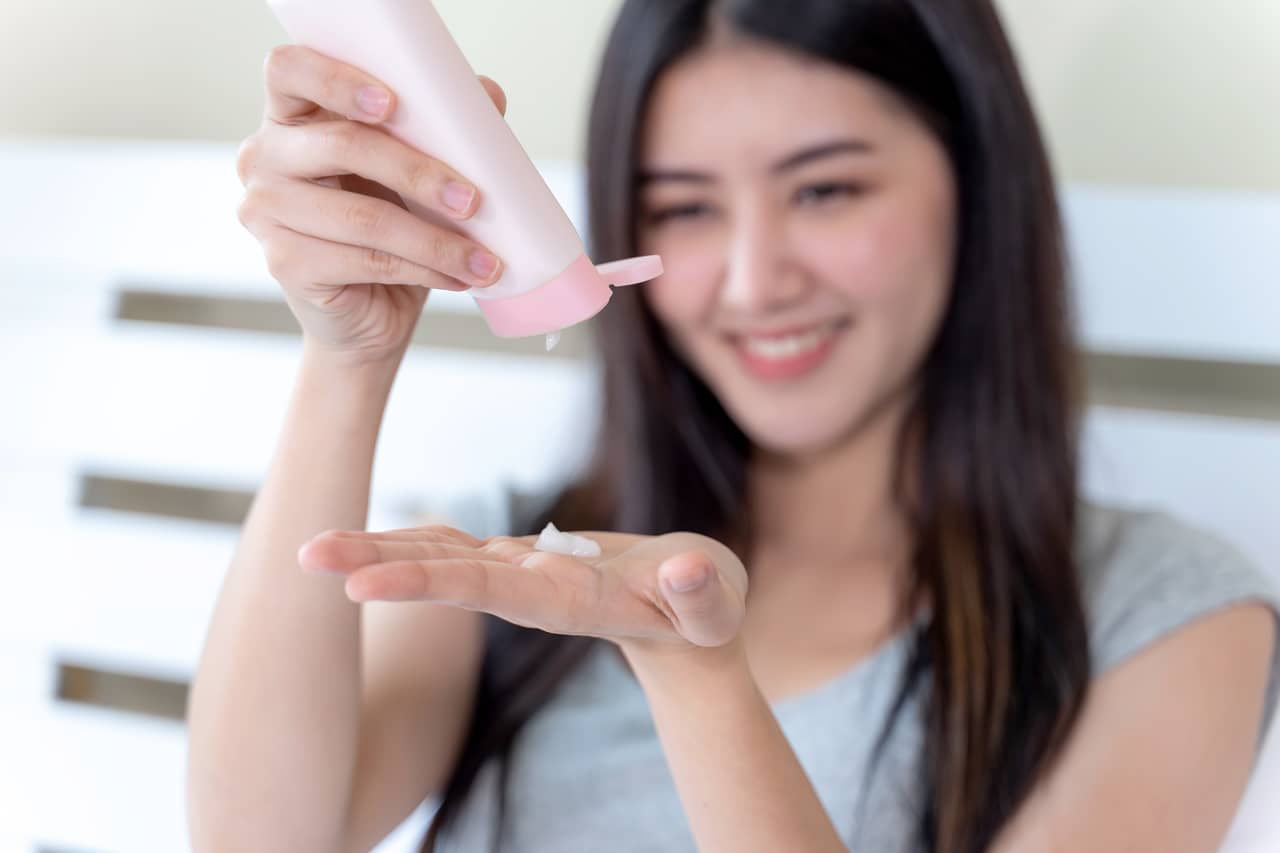
Regular use of right kind of moisturizers can alleviate dryness, enhance efficacy and patient comfort.
If you have oily, acne-prone skin, topical application of light, water-based or gel-based moisturizers can help to overcome the issue.
Oily foods and chocolates cause acne
So, you have been eschewing your favourite crisps and snacks to evade unexpected breakout.
Although, recent studies on the subject show zero connection to this condition.

Contrarily, consuming simple sugars, refined carbs and dairy does influence our insulin response which I turn could upshot acne lesions and exacerbate the existing ones.
Also Read: How to nourish your brain with healthy food?
Toothpaste is a miracle treatment for acne
A lot of YouTube and other unprofessional references to endorse toothpaste as a potential treatment for this condition.
This should be discontinued as it contains compounds undesirable for skin, especially acne-afflicted one.
Toothpaste contents like, baking soda, hydrogen peroxide, alcohol, triclosan, menthol, and fluorides can temporarily dry out the pimples and make them look fine.
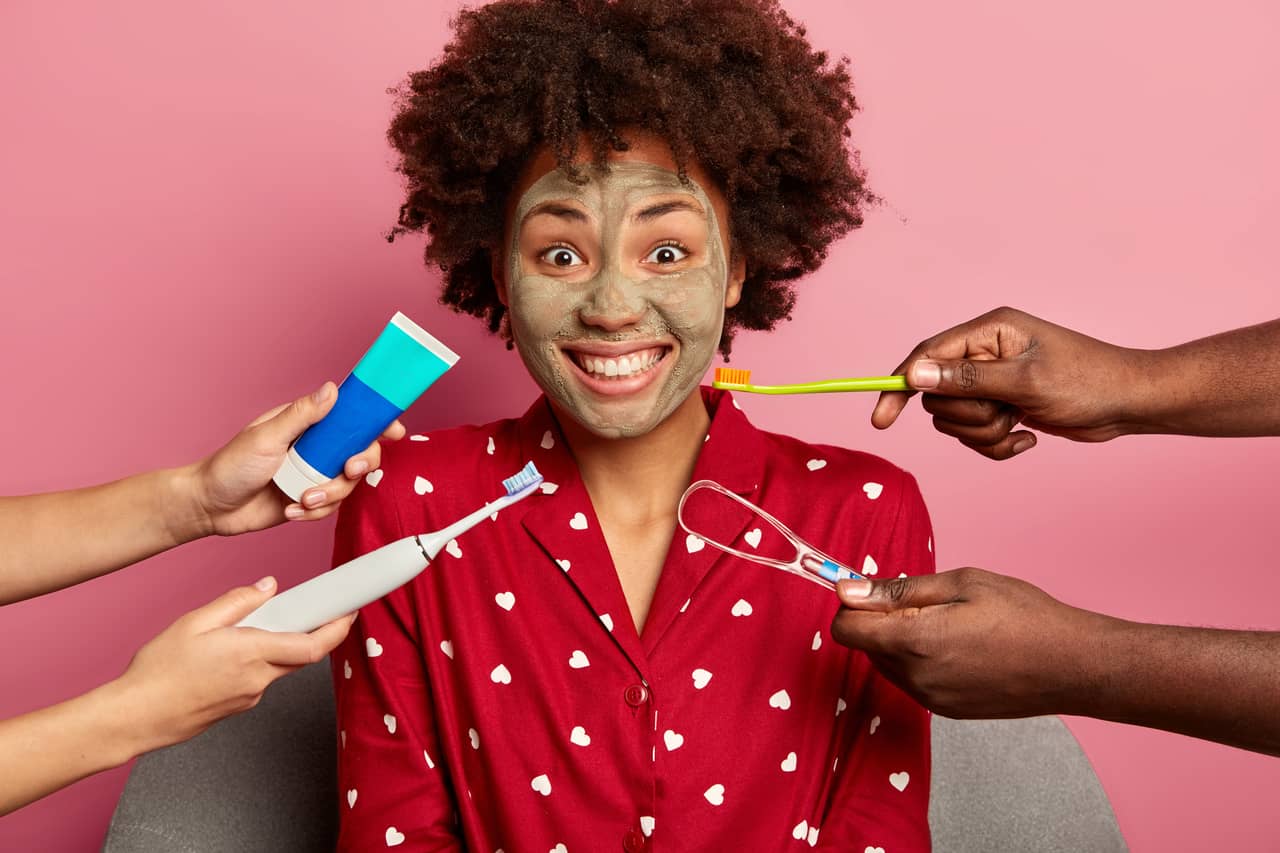
However, it can cause redness, irritation, allergies and even worsen the lesions.
Anyway, toothpaste is meant for teeth, not skin.
For acne prefer relevant spot treatments, or if the condition is severe visit a dermatologist.
Popping a pimple will heal it
The urge is indeed uncontrollable whenever you spot a ripe acne.
It is to squeeze that lesion and let that mellow pus out of its sore chamber. Most of us are guilty of this act.
This does not in any way participate in alleviating the acne, rather it can surely aggravate it.
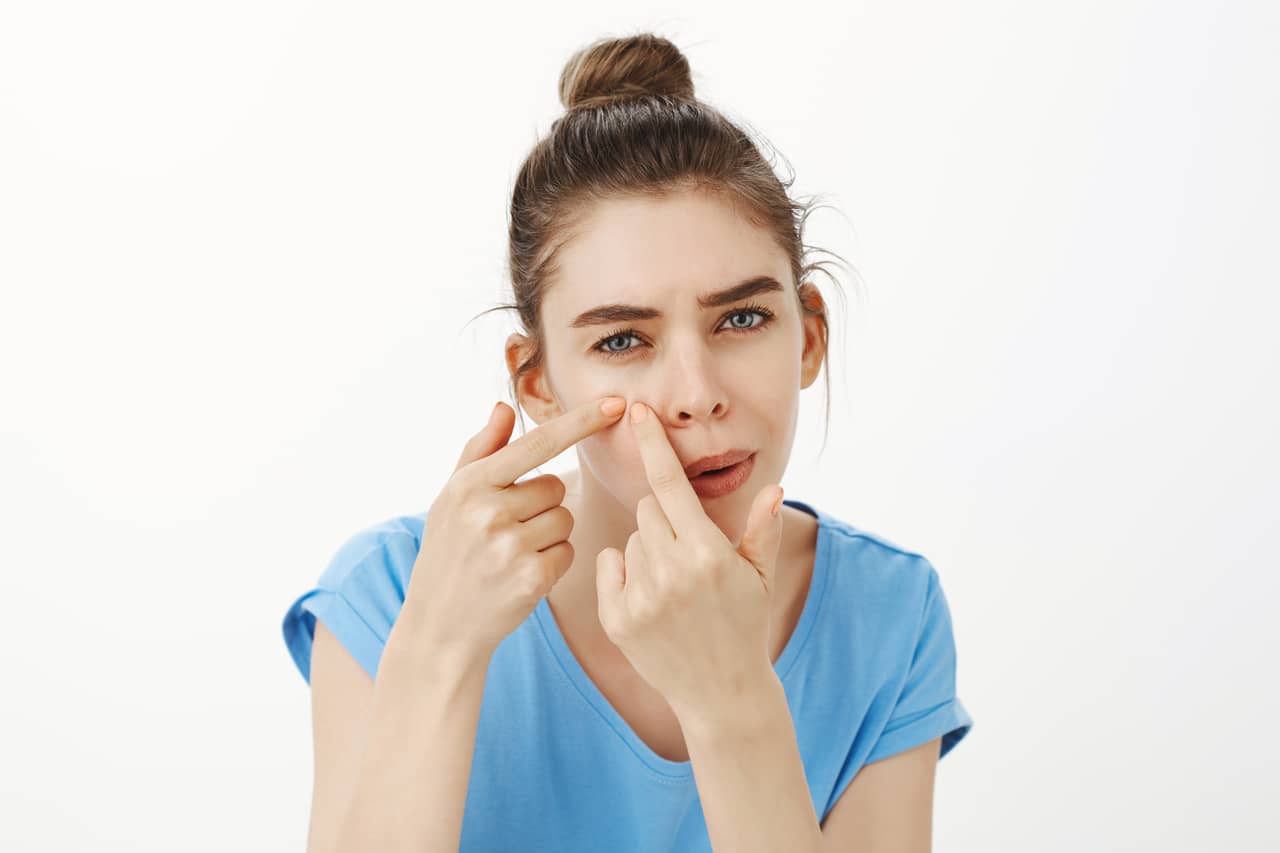
There might be rare, lucky chances that it can improve, but usually, it delivers unfavourable results.
The reason stated behind it is while popping the lesion, you might push the culprit bacteria further into the dermis.
This could consequently lead to its proliferation and increased inflammation.
And higher the swelling, the more are possibilities of scarring. So, it is better to avoid pinching the pimples, no matter how sanitized your digits are.
Prefer to let the pimple reside alone.
Acne prescriptions work immediately
Having acne can be effing!
And once you got your hands on medications by some certified dermatologist, you expect immediate results just after a use.
However, as these lesions do not erupt overnight, it is unreal to build hopes of rapid alleviation.
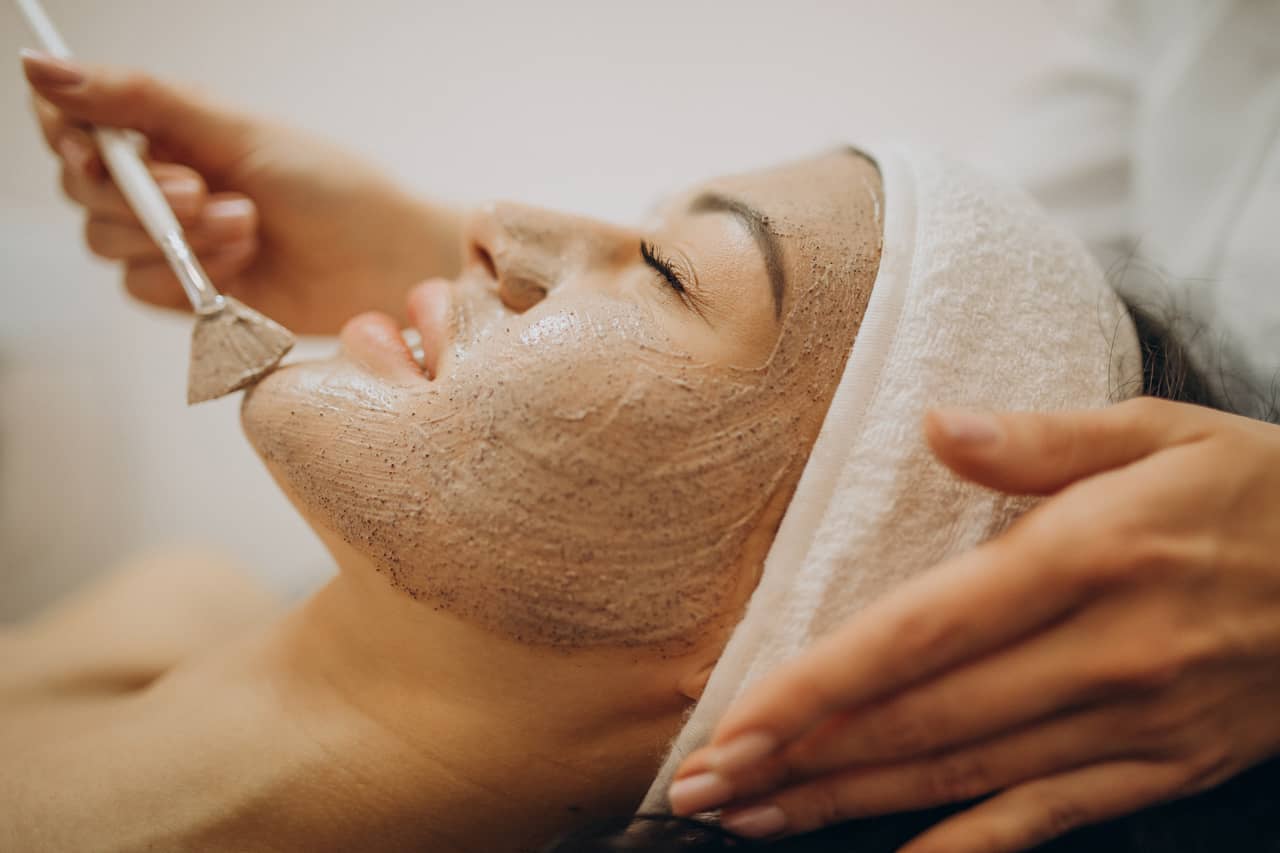
As suggested by the specialists, it takes approximately 12 weeks to clear off your acne.
Depending upon the severity of acne dermatologists might prescribe antibiotics, Isotretinoin and topical medications to observe the results you await.
Follow the complete treatment and do not discontinue as the condition might relapse as well.
There is a miracle treatment for acne
Businesses and markets make profits out of the vulnerability of the grapples of commoners.
There are countless products available out there claiming rapid clearance of acne.
Furthermore, these products are replete with promises and testimonials of the ones who are “satisfied”.
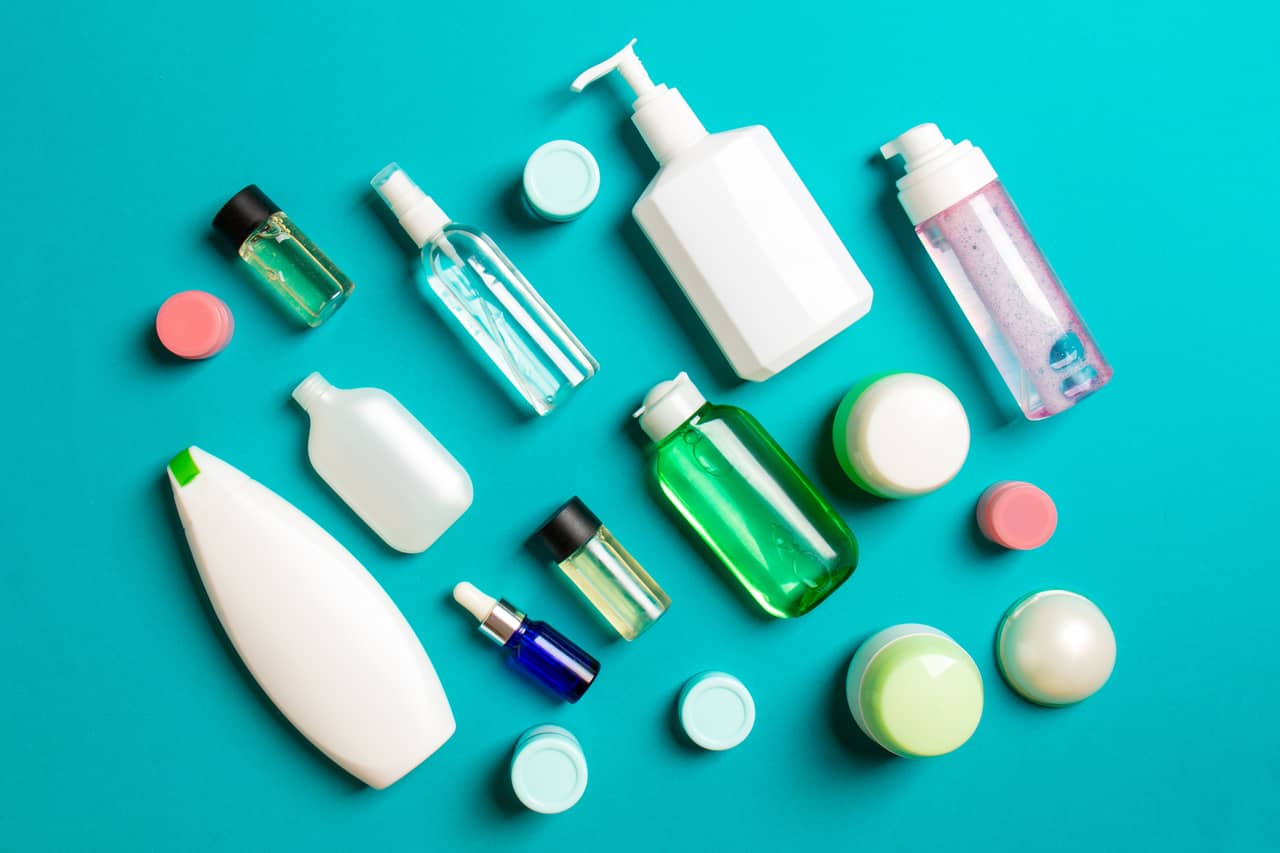
And you end up surmising that if it worked well for them, it should do for me as well.
This is because although the manifest, common issue you all might be facing would have distinct underlying causes.
So, it is better to get your treatment designed by a professional.
Bottom line
Ample myths are prevailing around regarding acne.
This article dispelled those rampant untruths which abstain one from approaching the dermatologist.
further Reading:


